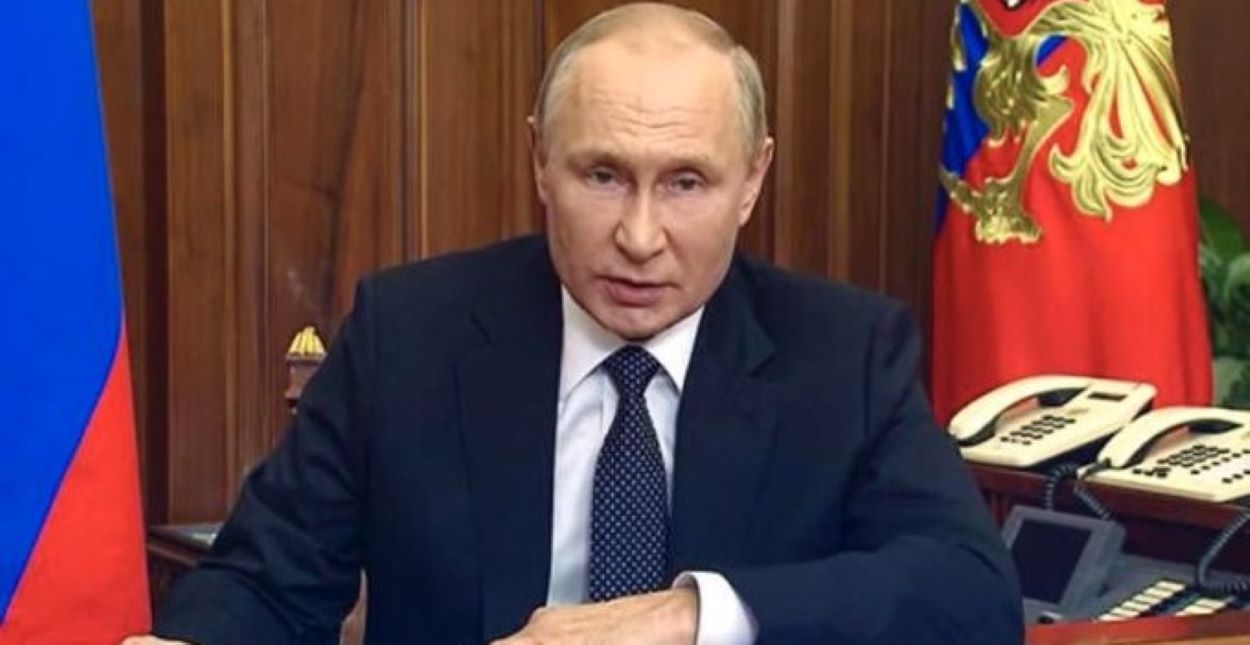Russian President Vladimir Putin has wanted the potential deployment of missiles in striking distance of the West.
In an interview with senior international news editors, his first since the Ukraine conflict began, Putin expressed the possibility of deploying missiles within range of the United States and its European allies if they support Ukraine in extending military strikes into Russia.
Putin’s statement comes after NATO chief Jens Stoltenberg suggested Ukraine might use Western weapons against Russian territories, a move Putin views as a serious escalation, potentially drawing the West closer to direct conflict with Russia.
Putin specifically warned of the dire consequences of such actions, stating that Russia could mirror these measures by positioning advanced, long-range missiles close to the states facilitating Ukraine’s military capabilities. This stern warning underscores the increasing stakes on the geopolitical chessboard, where each move could lead to significant global repercussions.
Amid these declarations, Putin did not shy away from discussing Russia’s nuclear capabilities. He reminded the global audience of Russia’s readiness to utilize its nuclear arsenal if necessary, criticizing the West’s dismissal of this possibility. According to him, such an oversight is a grave misunderstanding of Russia’s nuclear policy, which clearly outlines the conditions under which nuclear responses could be considered.
Moreover, President Joe Biden has authorized limited military actions by Ukraine, using U.S.-supplied weapons against targets within Russia. However, long-range weapons like the ATACMS have restrictions due to their extensive reach. On the other side, the British Foreign Secretary has openly supported Ukraine’s right to employ British-supplied weapons for strikes within Russia, highlighting a contentious point in international diplomacy and military strategy.
This narrative adds layers to the ongoing discussions about nuclear risks and international warfare, signalling a deepening divide between Russia and the West. As the situation evolves, the international community remains alert to the complex dynamics and the potential for this standoff to influence global peace and security strategies.






